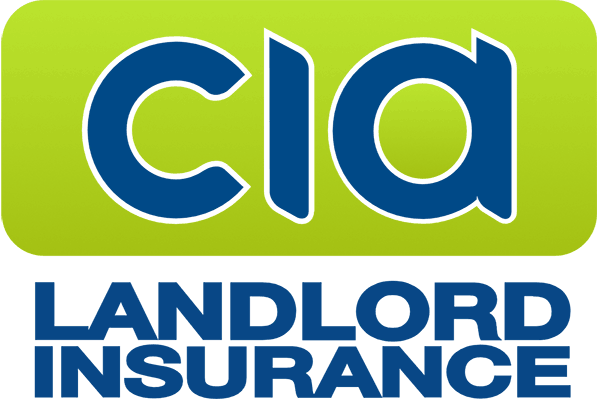What to know before becoming a landlord

Now more than ever, people around the UK are looking for additional ways to boost their income. For some people, this has involved investing in a buy-to-let property to rent out. Becoming a landlord for the first time can be exciting, nerve-wracking and daunting. You are handing over control of potentially one of the most expensive things you own and there’s plenty that can go wrong.
That being said, being a landlord can be hugely profitable and rewarding. There are definitely a few do’s and don’ts to be aware of however before you get started. Let’s go back to basics and breakdown the most important tips for first-time landlords to safeguard yourself as much as you can against things going wrong.
Add value – but be smart
Before you begin advertising your buy-to-let on the rental market, you’ll want to get it looking its best ready for prospective tenants. Whilst it may be tempting to throw a lot of money at this and turn the property into a palace of luxury, it’s important to be realistic and find the balance between keeping it looking fresh and inviting, and actually adding value.
Installing features such as marble worktops, expensive carpets and fittings don’t always necessarily equate to more value and higher rental yields. It’s also important to remember that your tenants did not pay for these things, so who’s to say that they will treat them with as much respect as you would?
When looking to add value to your buy-to-let, keep things neutral and safe. Focus your attention on the kitchen and bathrooms as these are the rooms that can hold the most value. Perhaps you could also look at adding in a few key selling points, such as a fireplace, smart security system, a wine cellar or outdoor storage such as a shed.
Use a letting agent
Once your property is ready to go on the market, you’ll need to decide whether you want to use a letting agent. Using a letting agent does come at an extra cost. This will depend on the level of service you opt for. The most basic service is tenant-find only, where a letting agent will find you a tenant and arrange the let, usually collecting references, doing credit checks and collecting the deposits. The tenant-find only service usually costs around a month’s rent or a percentage of the entire tenancy contract.
Using a letting agent can be a really good idea for first-time and/or inexperienced landlords. It provides a safety blanket when trying to navigate screening, regulations and legislation so that you don’t get anything wrong. A letting agent can show you the ropes and explain the processes, so perhaps you can go it alone next time around.
Spend time on your tenancy agreement
Every tenancy needs a tenancy agreement, and this is always worth spending time on and getting right. If you ever encounter any issues down the line, your tenancy agreement will be what you turn to in order to determine what you and your tenant agreed on. It includes things like the amount of rent your tenant needs to pay and when they need to pay it, where their deposit will be kept and rules around smoking and pets.
If you don’t know where to start when putting together a tenancy agreement, you can look online for templates. It will provide you with the basics and from there, you can add in your own clauses and other specifics to tailor the agreement to you and your requirements.
Be covered with landlord insurance
When you become a landlord, you’ll notice that there’s no legal obligation for you to take out landlord insurance. That being said, you may struggle to get the go-ahead from your mortgage lender to take on tenants without it. There’s a lot of cover available out there to cover you against all eventualities, including property owner’s liability insurance, contents insurance and buy-to-let buildings cover.
Home insurance is not quite enough, so taking out landlord insurance really is important. You’ll find websites online that allow you to compare landlord insurance to ensure you find the cover you’re after at a price that you can afford.
Collect your rent
Collecting your rent on time each month needs to be non-negotiable from the start. Make sure your tenants understand that the least you expect from them is to meet their rent obligations. After all, your rent is your revenue so make sure that you pursue any late payments and enforce late charges.
Whilst it’s important to take the rent seriously, it’s also important to remain human, friendly and approachable so that if your tenant is having issues getting their rent together, particularly in this current climate, they feel comfortable approaching you well in advance. That way, you can put an alternative rent payment plan together with them to help.
Happy tenants, happy tenancy
This leads us to the last point, which is to keep your tenants happy. You have responsibilities as a landlord and a duty of care and you should always take this seriously. All tenants really want from their landlord is a good line of communication, repairs and issues to be resolved quickly, and mutual respect.
In the same vein, landlords can come across as overbearing and intrusive if they become too involved with their tenants. Know when to step back and leave your tenants to enjoy the property. Only contact them when they need you and within reason. You’re sure to reap the rewards if you respect your tenants and take your responsibilities seriously.
